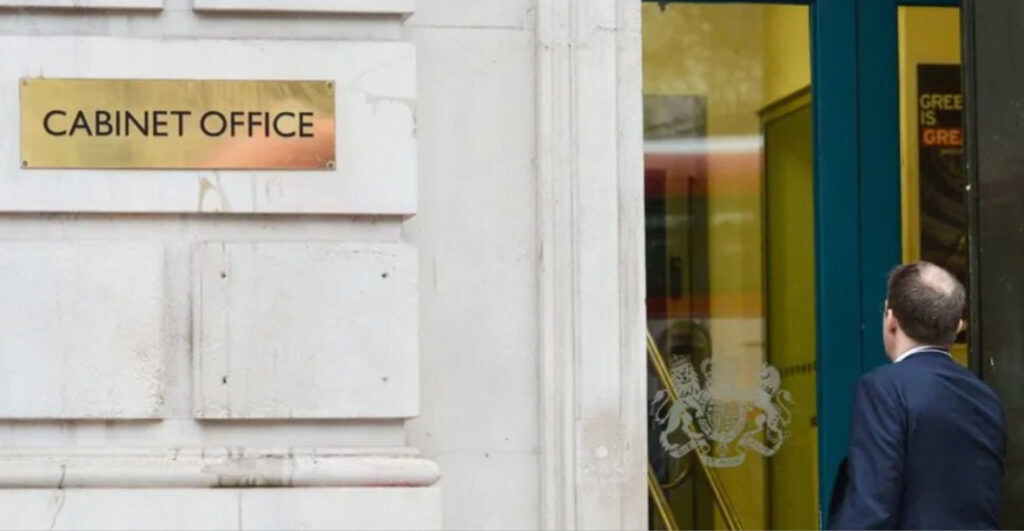A department led by one of Sir Keir Starmer’s leading ministers, Pat McFadden, is set to reduce its workforce by nearly a third, to push forward with reforms within the civil service.
The Cabinet Office, which plays a crucial role in supporting the Prime Minister and coordinating the activities of other departments, announced today that it will cut or relocate 2,100 of its 6,500 positions to different government sectors within the next two years.
These changes are part of broader reforms aimed at achieving annual savings of £110 million by 2028.
The Prospect union, representing civil service workers, has expressed concerns that such significant cuts could adversely affect governmental operations.
Approximately 1,200 positions will be eliminated through voluntary redundancies and natural attrition, while another 900 roles are to be transferred to other departments to minimize overlap.
Pat McFadden, who serves as the Chancellor of the Duchy of Lancaster, is spearheading these reforms and has been described as “leading by example” by a government source.
Recent proposals have called for radical changes within the civil service, aiming to reduce operational costs by 15% by the decade’s end, introduce performance-linked pay for top officials, and establish more stringent accountability measures, with underperforming staff facing potential dismissal if they do not improve within six months.
Despite these plans, McFadden has refrained from publicly committing to a specific target for the reduction in civil service jobs.
However, today’s announcement suggests that the cuts may be more extensive than previously anticipated.
A Cabinet Office spokesperson highlighted the intention to streamline the department to better manage and implement the government’s change agenda, emphasizing a redirection of resources towards frontline services such as education, healthcare, and policing.
Cat Little, the leading civil servant of the Cabinet Office, addressed staff this morning about her vision for a department that is “more strategic, specialist, and smaller.”
Since the Brexit referendum, the civil service has significantly expanded, partly due to new responsibilities necessitated by Brexit and the Covid-19 response. The Cabinet Office has seen the most substantial growth proportionally.
Trade union leaders, including Mike Clancy from Prospect and Lucille Thirlby from the FDA, have warned that these cuts could compromise the government’s objectives.
They have called for a clear and honest discussion about the implications of these reductions on government functions, urging a distinction between genuine reform and mere cuts.


